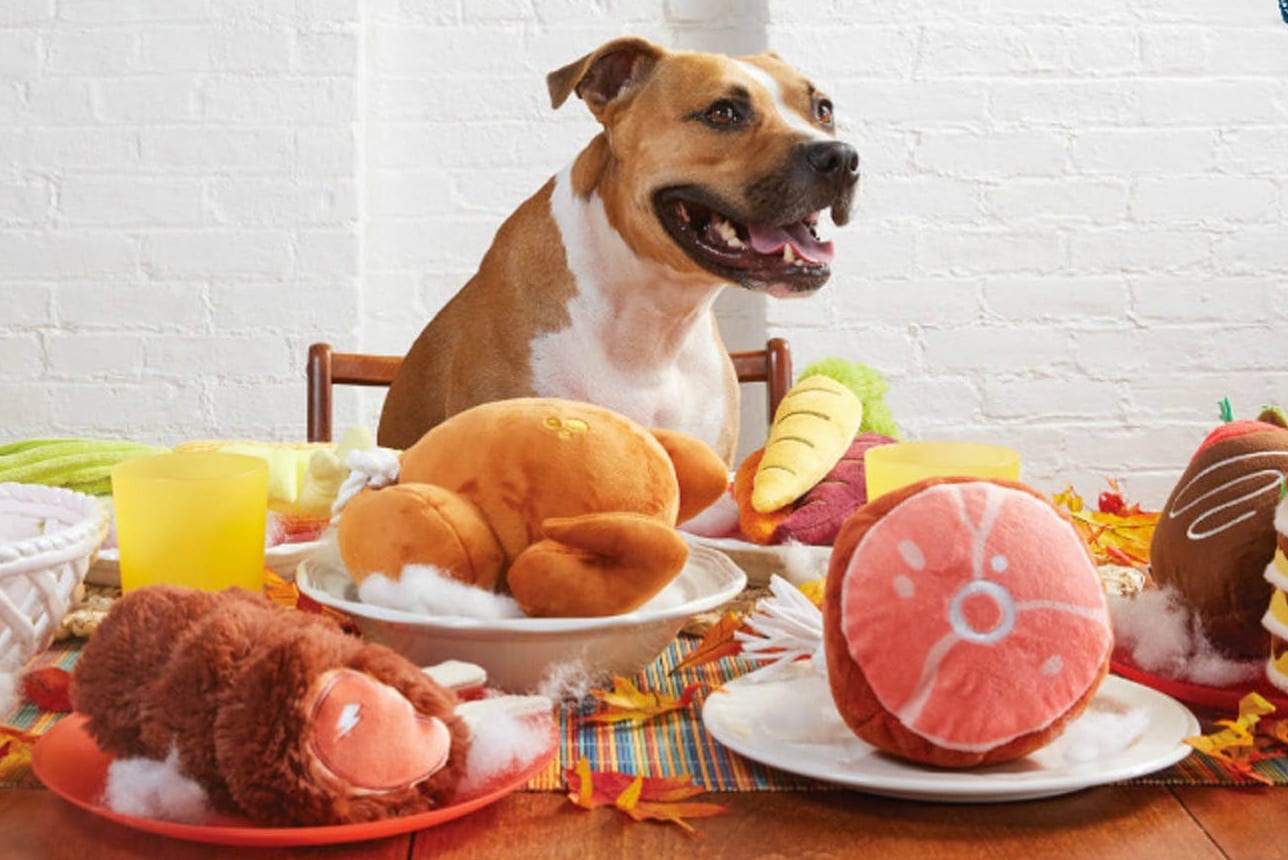According to dog lover, PhD, and Certified Applied Animal Behaviorist Karen B. London, even the mention of the term “prey drive” amongst professional dog behavior specialists will send the room into a polarizing flutter of technical jargon and really mean words.
In an article she wrote for The Bark titled “Prey Drive: Fact or Fiction,” Dr. London claims the term is too ambiguous to legitimately apply it to specific dog behaviors.
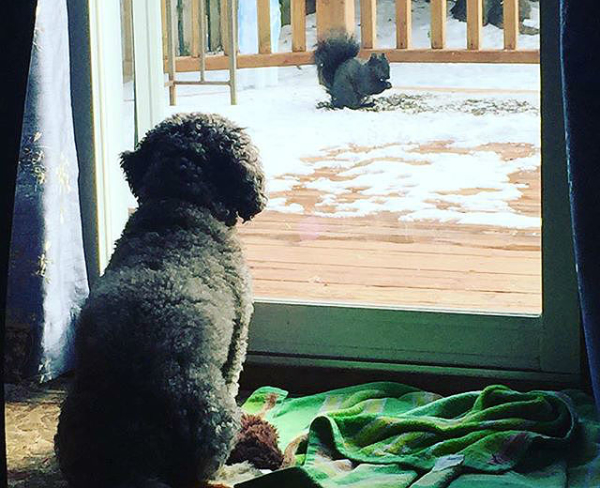

In common language, the term can have positive or negative connotations depending on who uses it and how. Some people associate their dog’s urge to chase squirrels or tires to prey drive, while others blame their dog’s urge to bolt in un-fenced areas on prey drive. The term is even used by professional dog handlers in military and law enforcement to describe their dogs’ motivation to do their job well.
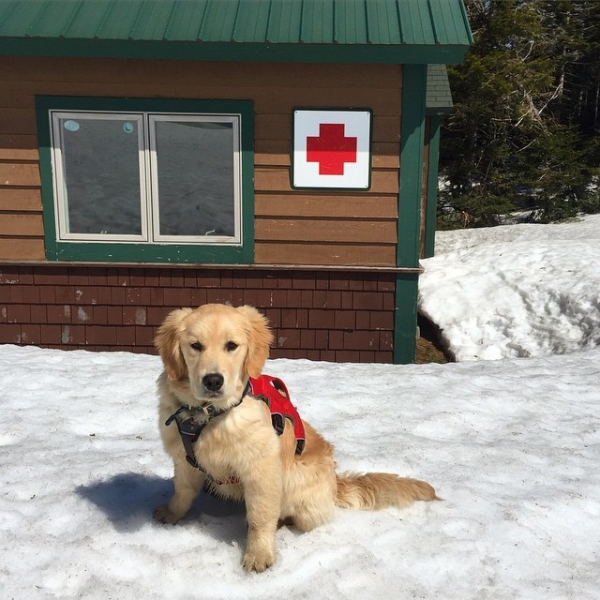

But according to Dr. London, the big wide world of ethology (which is the study of animal behavior) finds the use of the term frustrating. Technically, ethologists define a “drive” as the unknown variable responsible for the wide range of behavioral responses an animal can have to stimuli.
So scientifically speaking, drives still sound sort of… mysterious. But when people outside of the scientific community use it, the term tends to describe behaviors that a human might find socially undesirable in a pet. “It sounds so much nicer than saying that the dog has little impulse control, a far-from-ideal temperament or has not been the beneficiary of sufficient training,” Dr. London wrote in The Bark.
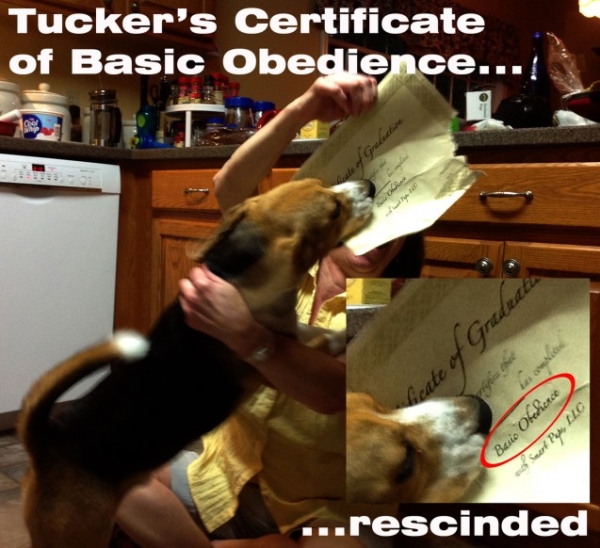

In this context, the term “prey drive” is reduced to little more than a polite human euphemism for “I don’t give two poops if my dog is humping your leg.”
Perhaps a better way to understand what people mean by common use of the term prey drive would be asking whether or not domesticated dogs technically count as “predators.” After all, what else goes out in search of prey?
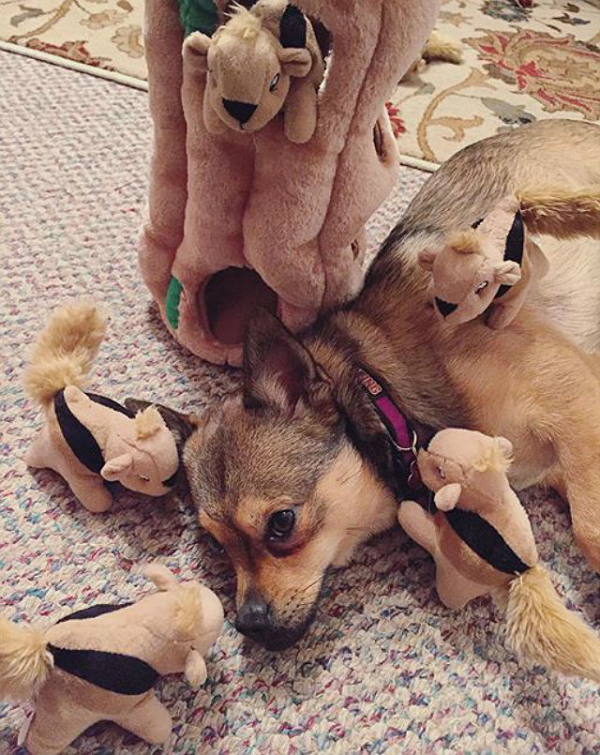

In an article in Decoded Science titled “Wolves and Dogs: Why Your Pet is Not a Domesticated Predator,” veterinary technician and current student of canine behavioral science, Sian John, argues that domesticated dogs are most certainly NOT predators. This is pretty perplexing for lay pups like us, since wolves and dogs are so genetically similar and wolves are MOST DEFINITELY predators. So what gives?


According to Sian, dogs and wolves have been evolving along separate paths for too long for domesticated dogs to have retained the instincts of a predator.
That’s all well and good. But why did my childhood Dachshund, well… kill… things? Many a morning I would join my little buddy, Digger, in our back yard to play, and he would sometimes bring me a gift in the form a dead squirrel or bird which he had most assuredly terminated. (He was an exceptionally fast dog.)
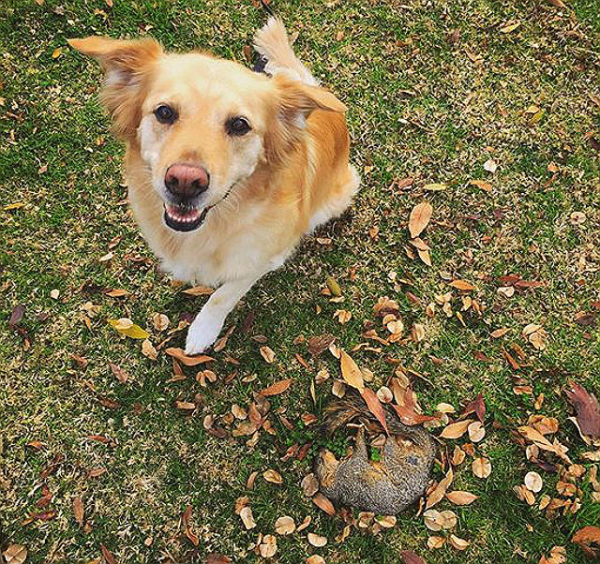

Anxious to get to the bottom of this predator-prey thing, I did a bit more research and discovered another canine researcher named Alan Beck. The director of Purdue University’s Center of the Human-Animal Bond, I figured he’d be a pretty credible source for determining just where domesticated dogs fit into the spectrum of predator and prey. In an interview with CBC News, Dr. Beck was asked what he believed was responsible for a dog’s capacity to kill. His answer? Whatever animal the dog had killed must have been mistaken for a “prey species.”
For anyone interested in learning more about the research behind the articles discussed today, the books below were all referenced by the authors of the articles mentioned above or written by individuals mentioned above:
- Play Together, Stay Together – Happy and Healthy Play Between People and Dogs by Karen B. London
- Dominance in Dogs: Fact or Fiction by Barry Easton
- Dogs: A New Understanding of Canine Origin, Behaviours, and Evolution by Lorna Coppinger
- Genetics and the Social Behaviour of the Dog by John Paul Scott and John L. Fuller




